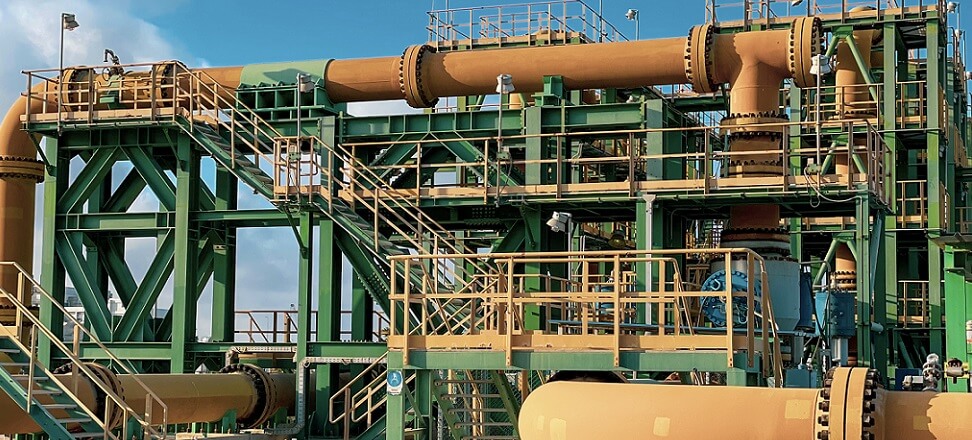The OCP Group and Morocco are undeniably leading producers of phosphate fertilizers, and are key to global fertilizer and food supply security.
Morocco is one of the world’s largest producers and exporters of phosphates and their derivatives, particularly fertilizers used in the production of agricultural and food products. All plants require phosphorus for their growth, and it is Morocco that has more than 70% of the world’s phosphate reserves.
OCP Group and Morocco guard the world’s food supply chains
Morocco and the OPC are playing a key role in supporting the development of poor countries through the provision of fertilizer. The Office Chérifien des Phosphates (OCP) is the world’s largest company involved in the phosphate industry, donating tons of fertilizer each year through donations or selling at discounted prices. The figure is estimated to reach one million tons in 2023, rising to three million within the next two years. This global phosphate exporter has also made investments in more than a dozen African countries, including Ethiopia, Gabon and Ivory Coast. Development plans include the establishment of local fertilizer production units and providing these countries with sustainable agricultural production. And the most important partnership is formed by Morocco with Nigeria. OCP supplies more than 90% of the annual fertilizer needs of this most populous country in Africa.
Thus, Morocco, through OCP’s activities, is achieving three strategic goals in parallel:
- Combats poverty and malnutrition in poor and developing countries;
- Ensures food security through investments in countries rich in arable land and water resources;
- seeks to increase production of fertilizers (as opposed to chemicals) to ensure more sustainable development throughout the mining value chain.
OCP Group, Morocco – toward a more sustainable future
Morocco’s considerable wind and solar resources mean that the region has the potential to create a cycle in which not only fertilizer production will be powered by renewable energy, but ammonia itself will be produced using green hydrogen rather than “gray” hydrogen derived from natural gas. OCP has pledged to achieve carbon neutrality by 2040.
OCP uses 87% renewable energy to power its operations. The company assumes that by 2030. will use 100% cogeneration and renewable energy sources and reduce water consumption by 15% by 2024. OCP operates in arid regions, so it has pledged not to draw on precious fresh water. It meets its needs with water from wastewater treatment plants and sea water desalinated at the Jorf Lasfar and Laayoune plants.
By 2026, the company aims to meet 100% of its water demand from non-traditional sources.
For 2020 – 2030, Marko has launched a new strategy, Green Generation 2020 – 2030, which aims to increase the resilience and sustainability of the kingdom’s agricultural production. To this end, it has begun construction of an irrigation network at the Agadir Seawater Desalination Station, which will provide water for agriculture, as well as drinking water for the most needy segments of the population.

 Polski
Polski






